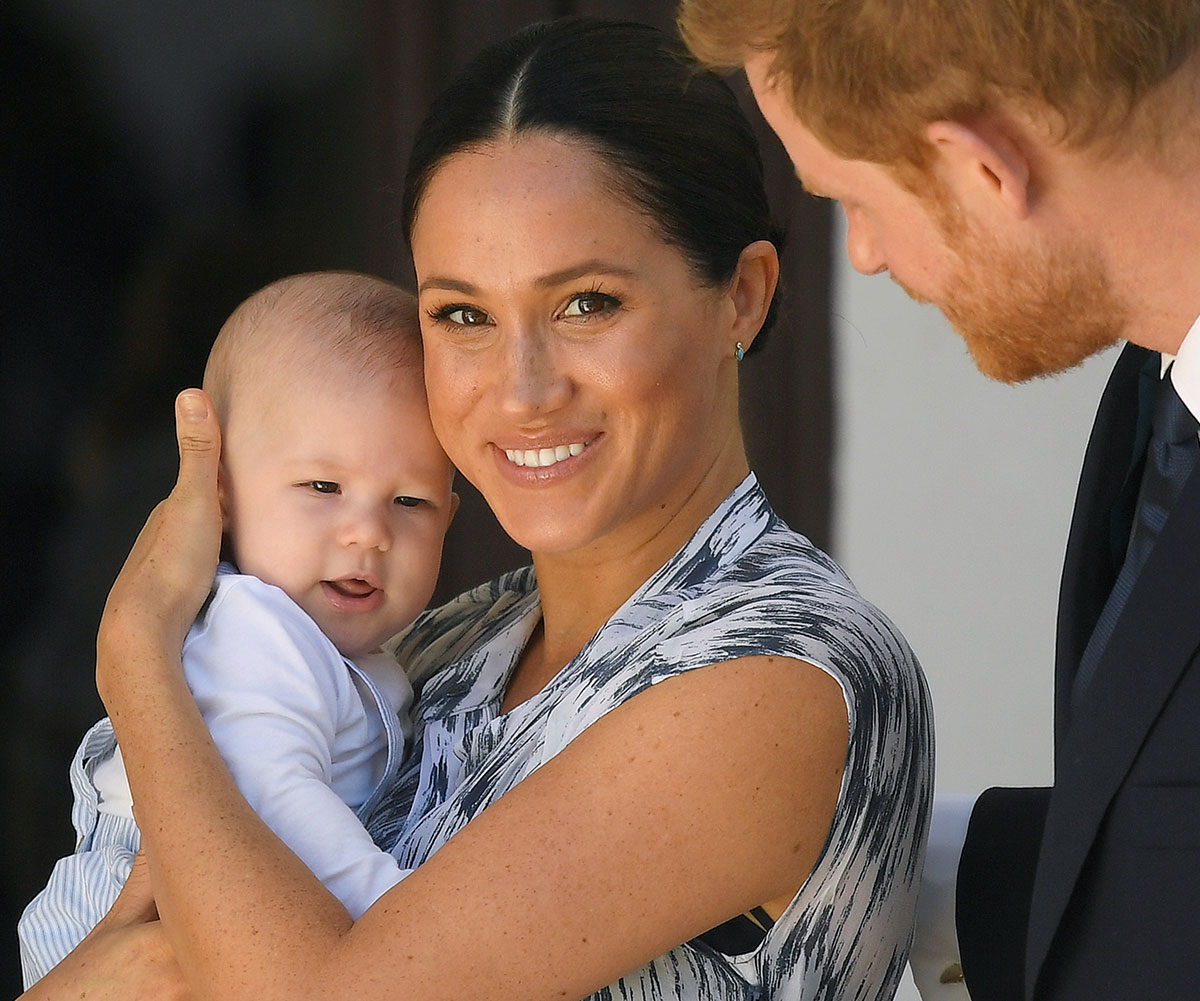The News
**Meghan Markle Reveals Heartbreaking Loss in Emotional Essay**
In a poignant piece published by the New York Times, Meghan Markle, the Duchess of Sussex, opened up about the devastating loss of her second child.
The news of Meghan's pregnancy was not officially confirmed by her or Prince Harry, yet speculations ran rampant across tabloids and rumors worldwide, claiming the couple was trying to keep it a secret.
The truth, however, was unveiled in Meghan's essay – she had indeed been pregnant but tragically suffered a miscarriage in July.
The following months have been a journey of grief and healing for Meghan as she navigated the aftermath of losing her unborn child while striving to support her firstborn son, Archie, and her husband, who also shares in the pain of their loss.
Recalling the moment of her miscarriage, Meghan described feeling a sudden cramp in her belly during her daily routine.
The intense pain led her to seek immediate medical attention, where she found herself in a hospital bed, holding onto her husband's hand, both consumed by tears and uncertainty about the future.
In her heartfelt essay, Meghan not only expressed her personal anguish but also shed light on the commonality of miscarriages, emphasizing the need to break the silence and stigma surrounding this shared experience.
She revealed that statistics show a significant number of women have faced similar losses, yet the conversation remains shrouded in shame and isolation.
Despite the Queen's decision to abolish birth verification, Meghan has faced relentless scrutiny and conspiracy theories surrounding Archie's birth.
From accusations of using a surrogate to fake pregnancy claims, the Duchess has been a target of online hate and unfounded stories, echoing historical instances of royal birthing controversies.
Meghan's struggles with public scrutiny mirror past royal figures like Mary of Modena, wife of King James II, who also faced baseless allegations during her son's birth.
The abolishment of birth verification by Queen Elizabeth in 1948 aimed to provide royal women with more privacy during childbirth, yet the specter of speculation continues to haunt modern-day royals.
As Meghan bravely shares her story of loss and resilience, she aims to foster empathy and understanding for all those who have experienced the pain of miscarriage.
Her essay serves as a powerful reminder of the importance of compassion and openness in addressing the complexities of grief and healing in the face of profound loss.






























































